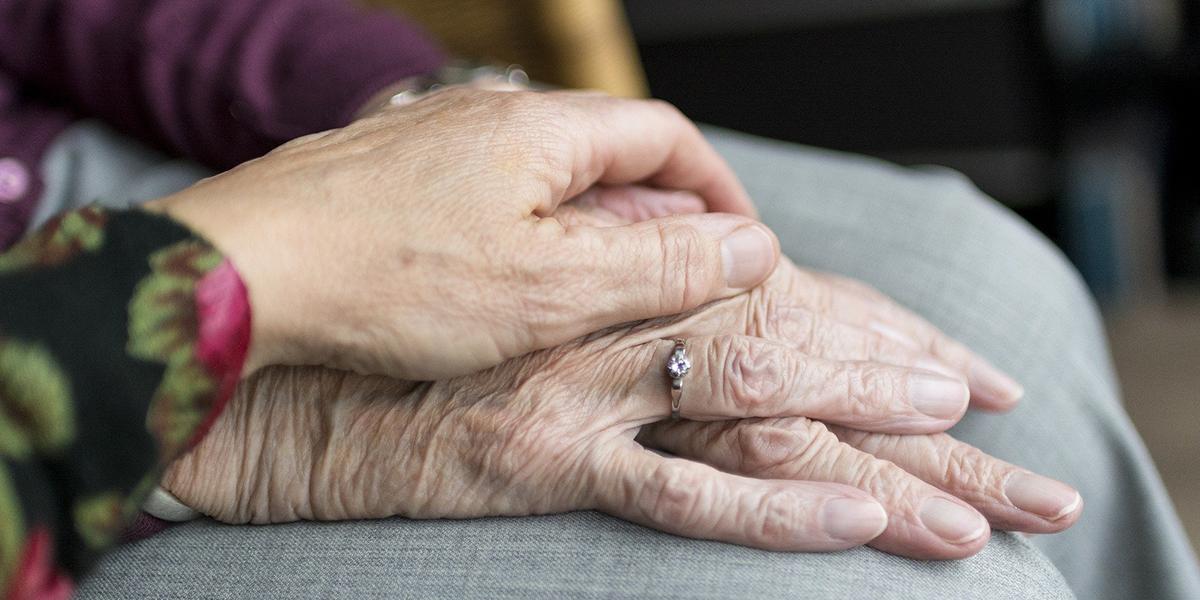5 Reasons Why a Care Home Can Help Someone Living with Dementia

Dementia is a progressive condition that affects memory, cognitive function, and the ability to perform everyday tasks. As dementia progresses, it can become increasingly difficult for individuals to live independently, even in familiar surroundings. This is where a dementia care home can provide significant benefits, offering a safe space and specialist care tailored to the needs of dementia patients. Here are five key reasons why a care home might be the best option for someone living with dementia.
1. Specialist Care and Support Around the Clock
One of the most significant benefits of living in a care home for someone with dementia is access to specialist care that is available 24/7. Dementia care homes are staffed with professionals trained to handle the unique challenges faced by dementia residents. These care facilities provide a person-centred approach, ensuring that each resident's needs are met with compassion and understanding.
For those in the more progressive stages of dementia, round-the-clock care is crucial. Dementia patients may experience memory loss, confusion, and difficulty with simple everyday tasks like dressing, eating, or bathing. In a residential care home, staff are always available to assist, ensuring that residents can live a life free from the stress of these demanding needs. This level of support is often not possible in one's own home, where family members may not have the training or ability to provide the necessary care.
2. A Safe and Nurturing Environment
Safety is a primary concern for people living with dementia. As the condition progresses, individuals may become disoriented and prone to wandering, which can lead to dangerous situations. A dementia care home offers a safe setting specifically designed to prevent accidents and ensure the well-being of its residents.
These facilities are equipped with safety features such as secure entry points, monitored access, and appropriate lighting to reduce the risk of falls or accidents. Additionally, the layout of a care home is carefully considered to be dementia-friendly, helping residents navigate their surroundings with ease and comfort. This nurturing environment allows dementia sufferers to feel secure and reduces the negative emotions that can arise from feeling lost or confused.
3. Engaging Activities and Social Interaction
Social engagement and mental stimulation are vital for maintaining cognitive function and emotional health in people with dementia. Care homes offer a range of group activities tailored to the abilities and interests of dementia residents, such as music therapy, gentle exercise, arts and crafts, and reminiscence sessions that help trigger special memories. These activities are not only enjoyable but also provide a sense of purpose and routine, which can be incredibly beneficial for those living with dementia.
In addition to structured activities, living in a care home provides opportunities for social interaction with other residents. This group living dynamic helps to foster a sense of community and belonging, which can alleviate feelings of isolation and depression often experienced by people with dementia. Regular social interaction and engaging activities can significantly improve mental health and help dementia patients lead a more meaningful life.
4. Comprehensive Health and Nutritional Care
Maintaining physical health is essential for dementia patients, and care homes are equipped to provide comprehensive nursing care tailored to the needs of their residents. This includes regular health check-ups, medication management, and monitoring of chronic conditions. The incredible team of healthcare professionals, including nurses and caregivers, work around the clock to ensure that residents receive the best possible care.
Nutrition also plays a critical role in dementia care. Many people living with dementia struggle with meal preparation or remembering to eat, which can lead to malnutrition or dehydration. Care homes offer nutritional care specifically designed for dementia patients, with meals that are not only nutritious but also easy to eat and appealing. These meals are often served in a communal setting, promoting social interaction and creating a more pleasant dining experience.
5. Support for Families and Caregivers
Caring for a loved one with dementia can be emotionally and physically exhausting. Family members often face significant stress and may struggle to balance caregiving with other responsibilities. A dementia care home provides additional support, allowing families to focus on maintaining a healthy relationship with their loved one rather than being overwhelmed by caregiving demands.
Furthermore, many care homes offer support groups and resources for families of people with dementia, helping them navigate the challenges of the condition and make fully informed decisions about care. This support can include guidance on legal and financial matters, such as understanding care costs and conducting a financial assessment. By choosing a care home, families can ensure their loved ones receive appropriate care in a nurturing environment, while also accessing the support and resources they need to cope with the impact of dementia on their own lives.
5 Reasons Why a Care Home Can Help Someone Living with Dementia, Concluded
Choosing a care home for someone living with dementia is a significant decision that requires careful consideration. However, the benefits of a dementia care home—specialist care, a safe and nurturing environment, engaging activities, comprehensive health and nutritional support, and support for families—make it a worthwhile option for many. By providing a person-centred approach tailored to the unique needs of dementia patients, care homes can offer a meaningful life for residents and peace of mind for their families.
If you are considering a private dementia care home in Uddingston, it is essential to explore all options and gather as much information as possible to make an informed choice that is in their best interests. For further information on how our care home can support your family, please feel free to contact our friendly team, who will be happy to offer advice and answer any questions you may have. Get in touch to book a tour of our warm and welcoming home.





